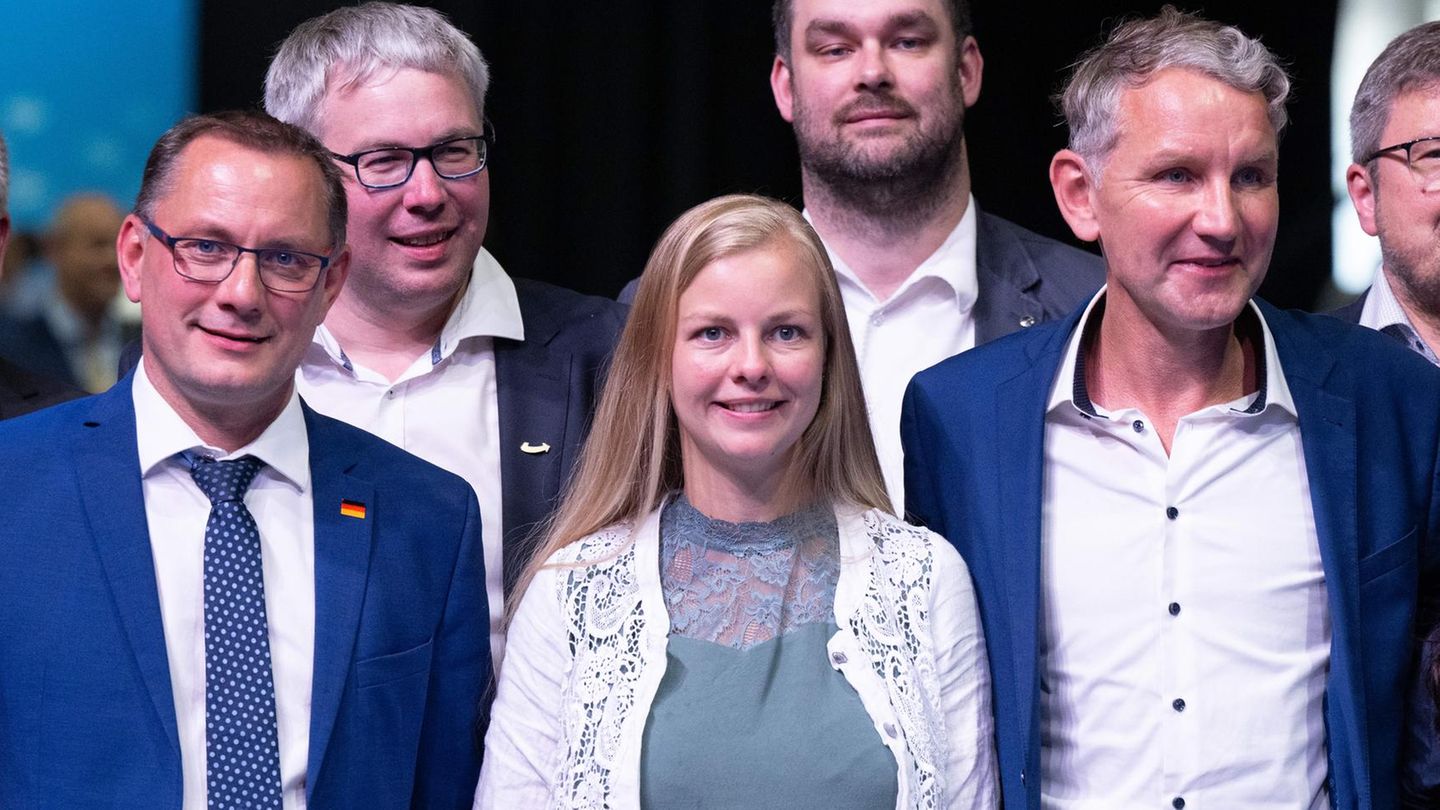I have been working in the news industry for over 6 years, first as a reporter and now as an editor. I have covered politics extensively, and my work has appeared in major newspapers and online news outlets around the world. In addition to my writing, I also contribute regularly to 24 Hours World.
Menu
AfD against everyone: The historic battle for the Thuringian state parliament
Categories
Most Read
Jette Nietzard is stepping down – and the Greens are hoping, at least for now
October 11, 2025
No Comments
Party juniors: Defiance and tears: Green Youth leader Nietzard’s farewell
October 11, 2025
No Comments
Nobel Peace Prize for Machado: Institute suspects betting fraud
October 11, 2025
No Comments
Donald Trump discredits vaccines – he gets himself vaccinated
October 11, 2025
No Comments
Young people in the party: Green youth: New leadership duo wants to turn the party to the left
October 11, 2025
No Comments
Latest Posts

Cheering for Trump at a major rally in Tel Aviv
October 12, 2025
No Comments
Cheering for Trump in Tel Aviv US special envoy Steve Witkoff, in the background Trump’s daughter Ivanka (right) and her husband Jared Kushner “We all

Football: Müller shoots Vancouver into first place in injury time
October 12, 2025
No Comments
PierceI am Pierce Boyd, a driven and ambitious professional working in the news industry. I have been writing for 24 Hours Worlds for over five

World Cup qualification: Nagelsmann defends Woltemade: “At some point he will score”
October 12, 2025
No Comments
PierceI am Pierce Boyd, a driven and ambitious professional working in the news industry. I have been writing for 24 Hours Worlds for over five
24 Hours Worlds is a comprehensive source of instant world current affairs, offering up-to-the-minute coverage of breaking news and events from around the globe. With a team of experienced journalists and experts on hand 24/7.

